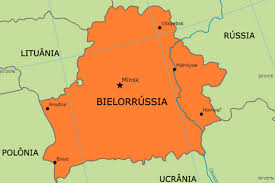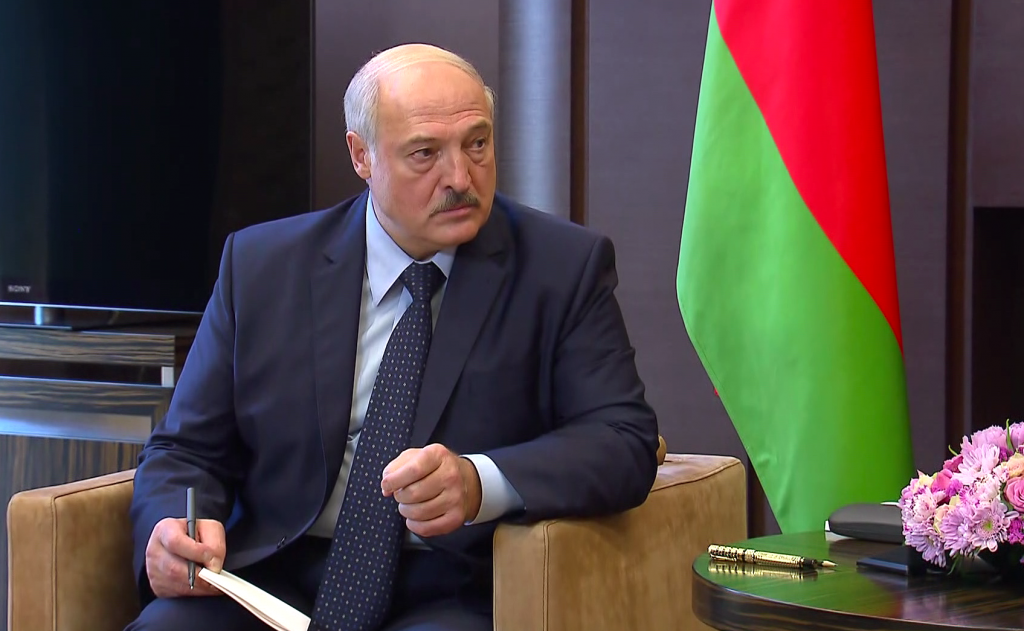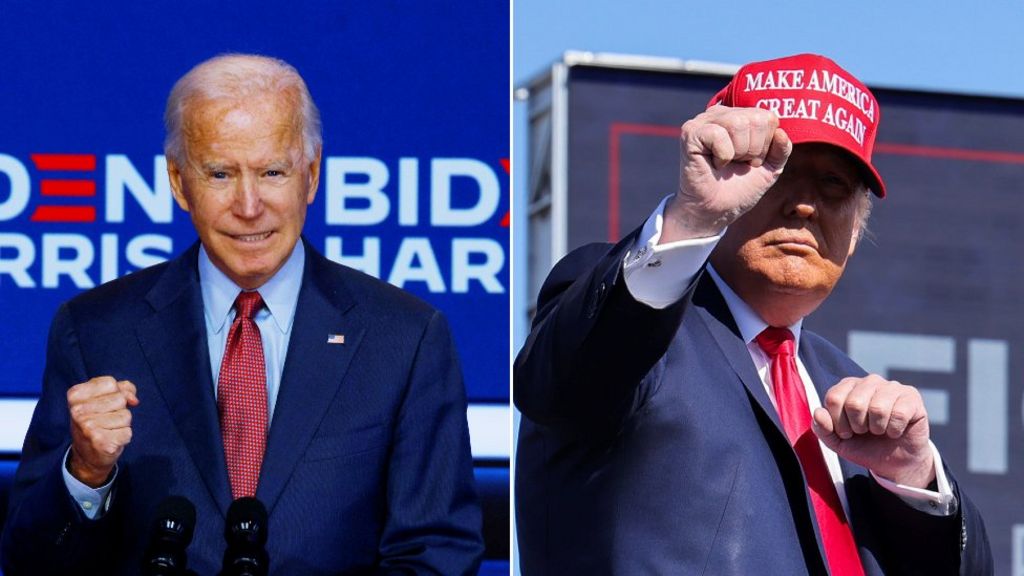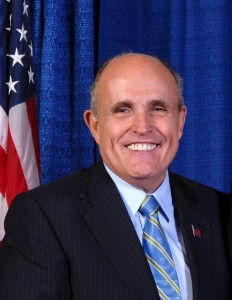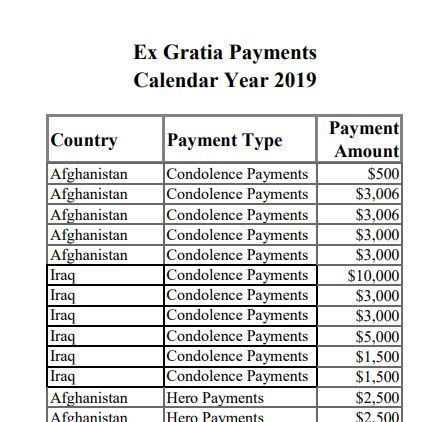Commemoration of the Assassination of JKF on November 22, 1963
Government documents declassified after the passage of the JFK Records Act in 1992 prove that the official narrative is bull***t. There is overwhelming evidence implicating the CIA and other United States intelligence agencies, as well as top military officials and corporate entities, in a complex plot to stage a coup against a president who rebelled against their wishes.
Many of the facts revealed in this article were gleaned from the book “JFK and the Unspeakable,” by Jim Douglass, which has recently been endorsed by Robert F. Kennedy Jr. I use Douglass’s book as a main source, as all of his facts are documented in over 100 pages of endnotes, citing declassified government documents contained in the National Archives building in Maryland, which are available to the public.
1. Eisenhower warned us of the “military-industrial complex” just before Kennedy took office
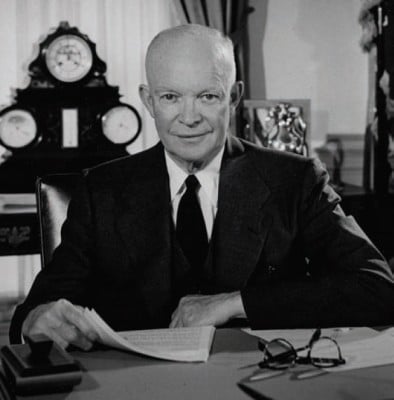 In January of 1961, the five-star general who commanded the defeat of the Nazis in World War II, who served as commander-in-chief during the Korean War, and who became the first Supreme Commander of NATO, spoke ominously in his final address to the nation of a sinister group of entities he called the “military-industrial complex.” President Eisenhower urged Americans to stay alert and aware before this shadowy, intimately-tied group of government and corporate entities seized too much power.
In January of 1961, the five-star general who commanded the defeat of the Nazis in World War II, who served as commander-in-chief during the Korean War, and who became the first Supreme Commander of NATO, spoke ominously in his final address to the nation of a sinister group of entities he called the “military-industrial complex.” President Eisenhower urged Americans to stay alert and aware before this shadowy, intimately-tied group of government and corporate entities seized too much power.
“Our military organization today bears little relation to that known by any of my predecessors in peacetime, or indeed by the fighting men of World War II or Korea…. In the councils of government, we must guard against the acquisition of unwarranted influence, whether sought or unsought, by the military-industrial complex…. We must never let the weight of this combination endanger our liberties or democratic processes. We should take nothing for granted.” – Dwight D. Eisenhower, 1961
Eisenhower’s successor would go toe-to-toe with the beast Eisenhower warned us about in his farewell address on a near-daily basis. The military-industrial complex had already laid out plans for the World War II veteran and newly-elected president to pre-emptively start a nuclear war with the Soviet Union. John F. Kennedy’s insistence on peace would be his downfall.
2. JFK went toe to toe with military contractor United States Steel
“My father always told me that all businessmen were sons of bitches, but I never believed it until now.” – John F. Kennedy, April 1962
One of the leading companies in the military-industrial complex Eisenhower warned of was United States Steel, a major contractor with the US military that controlled 25% of the entire steel market. Steelworkers staged a 4-month strike in 1959 during Eisenhower’s second term, and Kennedy hoped to avoid a similar flareup during his tenure amidst fears of inflation affecting steel prices.
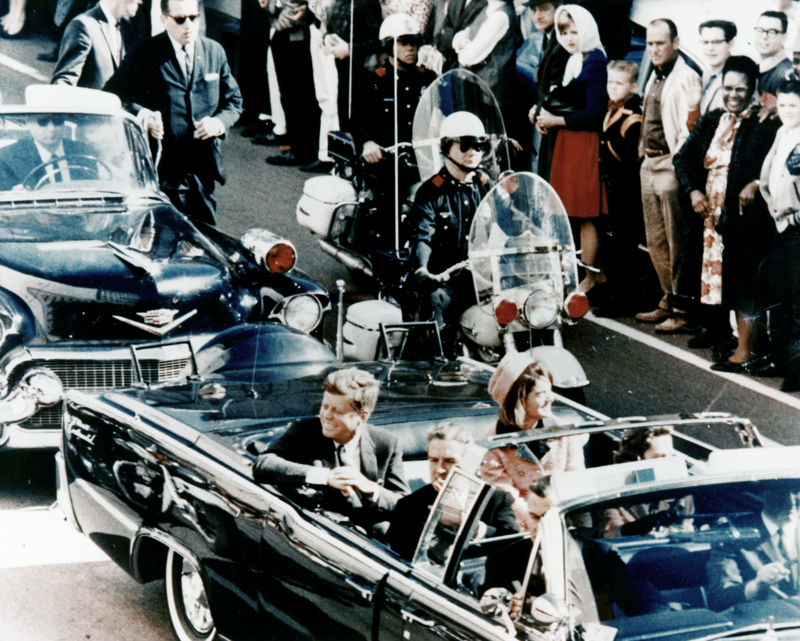
JFK brokered a deal between United Steel Workers (USW) and the steel industry, by which workers would get a slight wage increase while a price hike on steel would be avoided for the time being. Kennedy praised the industry for the compromise, calling it “industrial statesmanship of the highest order.” But the words quoted above were spoken to his aides in private, after United States Steel CEO Roger Blough double-crossed Kennedy and informed him in the Oval Office, after the deal was done, that his company would actually be raising steel prices by 3.5 percent to $6 a ton, with other steel companies following suit.
But after Kennedy’s defense secretary, Robert McNamara, informed United States Steel that a new submarine construction contract would be given to a smaller steel company that hadn’t agreed to the price hike, other industries that had raised prices in response to U.S. Steel’s maneuver quickly withdrew their price hikes, leaving the military-industrial complex smarting from the Kennedy administration’s pointed blow.
3. The military-industrial complex regularly pressured JFK to start all-out nuclear war
“And we call ourselves the human race.” – John F. Kennedy to Secretary of State Dean Rusk, after walking out of a top-secret Pentagon briefing
The specter of nuclear war constantly loomed over the Kennedy administration. While JFK famously de-escalated the threat of nuclear war during the Cuban Missile Crisis, what was not yet known was that Fidel Castro had allowed Russian missiles on Cuban land only as a deterrent against a US attack. However, Kennedy’s Joint Chiefs of Staff thought the opposite, that if the United States didn’t strike first, the nation would be obliterated. Plans for a nuclear first strike against the Soviet Union were already in place by the time Kennedy took office.
“Even though it sounds crazy to us, the CIA truly believed Kennedy was deliberately obstructing a war that had to happen,” Jim Douglass told me in a phone interview. “The Soviets were seen as absolute evil, and we were the supposed ‘good guys.'”
On page 237, Jim Douglass describes a top-secret “Doomsday Briefing” between Kennedy and the Joint Chiefs of Staff, where plans were laid out for a pre-emptive nuclear strike on the Soviet Union in 1963. Kennedy repeatedly pressed his top generals for an assessment of the effectiveness of such an attack, and the potential loss of life in the United States. Finally, Kennedy walked out in disgust, making the remark quoted above to his secretary of state.
At the height of cold war tensions, top military brass were deeply troubled by the prospect of a commander-in-chief who actively sought peace with an entity widely viewed as the ultimate enemy of the United States.
4. JFK secretly brokered a nuclear disarmament treaty with Khrushchev
President Kennedy and Soviet Chairman Nikita Khrushchev secretly wrote letters to one another throughout JFK’s presidency, and both eventually began to doubt their circle of advisers and appointees about the evil of the other and gradually worked toward peace. Twenty-one letters of correspondence were released by the State Department in July of 1993 after a Freedom of Information Act request was filed by a Canadian newspaper.
Kennedy had first met with Khrushchev in Vienna, and was stunned at his hard-headedness and nonchalance about the prospect of nuclear war. But Khrushchev’s first letter to Kennedy, which a KGB agent covertly handed to Kennedy’s press secretary, Pierre Salinger, behind the back of the Kremlin, spoke warmly of his retreat near the Black Sea and lamented conditions that could lead to the annihilation of millions. Referring to their earlier meeting in Vienna, Khrushchev said:
“The whole world hopefully expected that our meeting and a frank exchange of views would have a soothing effect, would turn relations between our countries into the correct channel and promote adoption of decisions which would give the peoples confidence that at least peace on earth will at last be secured. To my regret – and I believe, to yours – this did not happen.” – Nikita Khrushchev, September 29, 1961
From October 16 to 28, 1962, Kennedy willfully ignored his military and intelligence advisers and decided to resolve the Cuban Missile Crisis without instigating nuclear war. The reason Khrushchev installed the missiles in the first place was due to his understanding that the Bay of Pigs invasion was merely the United States’ first of many forays into Cuban affairs, as he wrote in his memoir.
Robert F. Kennedy, in his memoir “Thirteen Days,” wrote of the tense situation his brother faced as the situation seemed to deteriorate toward nuclear war and human annihilation. At one point, two Soviet submarines were charging toward the US naval blockade, which was set up in Cuban waters to stop further shipments of warheads from the USSR. The submarines were targeted for destruction by depth charges, which would likely set off a chain of events leading to war. RFK wrote about his grey-faced brother clenching his fist and holding it over his mouth before Khrushchev ordered the subs to not challenge the blockade at the last minute.
According to White House tapes declassified in the late nineties, General Curtis LeMay of the Joint Chiefs of Staff admonished his commander-in-chief during the crisis for setting up the blockade instead of launching a pre-emptive strike. LeMay compared the blockade to the notorious appeasement of Hitler at Munich in 1938, saying Kennedy’s decision would make him look weak to the Soviets and to the American public.
LeMay: “You’re in a pretty bad fix.”
Kennedy (laughing): “You’re in with me, personally.”
However, the crisis was resolved peacefully, largely thanks to the rapport JFK and Khrushchev established with the secret letters they sent each other through intermediaries. In October of 1963, Khrushchev signed a historic nuclear test ban treaty, which, in a letter to the president, he said would “clear the road to general and complete disarmament, and, consequently, to the delivering of peoples from the threat of war.”
Khrushchev also wrote about the potential for projects the two leaders could work on, like the “conclusion of a non-aggression pact between countries of NATO and member states of the Warsaw Pact, creation of nuclear-free zones in various regions of the world, barring the further spread of the nuclear weapon, banning of launching into orbit objects bearing nuclear weapons, measures for the prevention of a surprise attack, among other steps.”
However, when Soviet foreign minister Valerian Zorin handed this letter to US ambassador Foy Kohler, a cold warrior recommended by the Foreign Service whom Kennedy appointed only when his brother could offer no alternatives, Kohler commented to the State Department that the letter contained nothing of value. The State Department wrote a boilerplate two-paragraph response that remained forever in limbo, and Kennedy died a month later, never seeing the correspondence from the Soviet leader that could have ended the cold war.
5. JFK openly sided with Castro in the Cuban Revolution
“If you see him again, tell him that I’m willing to declare Goldwater my friend if that will guarantee Kennedy’s re-election!” – Fidel Castro to Jean Daniel, November 19, 1963
On October 24, 1963, French journalist Jean Daniel met with JFK in an interview arranged by Newsweek. Daniel would later interview Fidel Castro, just three days before Kennedy’s assassination. US-Cuba relations had been volatile since the botched Bay of Pigs invasion in 1961. Castro had recently removed Fulgencio Batista, a right-wing dictator allied with the US, from office, and instead allied with the Soviet Union in the height of the cold war. The Bay of Pigs invasion was the CIA’s failed ploy to push Kennedy into a corner and force him to go to war with Cuba, and by default, the Soviet Union.
President Eisenhower had already allocated $13 million to the CIA during his final year in office to authorize the training of Brigade 2506, a paramilitary group charged with overthrowing the Castro regime. Three days after Bridgade 2506 traveled from Guatemala to invade Cuba, Castro forced their surrender, prompting Kennedy to make the decision to mount a larger invasion or suffer a humiliating defeat. After the incident, Kennedy famously said he wanted to “splinter the CIA into a thousand pieces and scatter it to the winds.”
Jean Daniel’s eye-opening interview with President Kennedy, roughly 2 years after the Bay of Pigs and a year after the Cuban Missile Crisis, revealed that Kennedy in fact sympathized with Fidel Castro, the socialist leader that Americans were conditioned to hate. This is in spite of the fact that Kennedy ran against Nixon in the election on a platform of stiffness toward the Cuban regime.
“I believe that there is no country in the world including any and all the countries under colonial domination, where economic colonization, humiliation and exploitation were worse than in Cuba, in part owing to my country’s policies during the Batista regime…. I will even go further: to some extent it is as though Batista was the incarnation of a number of sins on the part of the United States. Now we shall have to pay for those sins. In the matter of the Batista regime, I am in agreement with the first Cuban revolutionaries.” – John F. Kennedy, October 24, 1963
Just as he did with Nikita Khrushchev, JFK used intermediaries to correspond with Castro and set up a meeting between the two leaders, subverting his own State Department. Kennedy instructed Adlai Stevenson‘s assistant, William Atwood, to start communicating with Cuba’s UN ambassador, Carlos Lechuga. Castro was doing the same, having been urged by Khrushchev to communicate with Kennedy in an attempt to make peace. Atwood was making progress on setting up talks between the two leaders through Castro’s assistant, Rene Vallejo.
On November 19, 1963, Fidel Castro appeared suddenly at Jean Daniel’s hotel in Havana, prompting a six-hour conversation from 10 p.m. to 4 a.m., wanting to hear all about his conversation with Kennedy. The Cuban leader told Daniel that he believed Kennedy could be the one US president to forge world peace.
“He still has the possibility of becoming, in the eyes of history, the greatest President of the United States, the leader who may at last understand that there can be coexistence between capitalists and socialists, even in the Americas. He would then be an even greater president than Lincoln,” Castro said.
On the afternoon of November 22, Jean Daniel was interviewing Castro at his home about the Cuban Missile Crisis, when Castro got a call about President Kennedy having been shot in Dallas. Upon hearing the news, Castro repeated the phrase, “Es una mala noticia (this is bad news),” three times. Upon hearing confirmation of Kennedy’s death, Castro told Daniel, “Everything is changed. Everything is going to change.” Lyndon Baynes Johnson put on hold any and all dialogue between Washington and Havana, despite Castro’s numerous attempts to reach out and make peace.
6. JFK was secretly working to end the US occupation of Vietnam
“This war in Vietnam – it’s never off my mind, it haunts me day and night… The first thing I do when I’m re-elected, I’m going to get the Americans out of Vietnam.” – John F. Kennedy to next-door neighbor Larry Newman in Hyannis Port, October 20, 1963
Before delving into Vietnam, it’s important to acknowledge that Kennedy has received lots of deserved criticism over his decision to deploy Agent Orange, a toxic chemical weapon developed by Monsanto, Dow Chemical and others, in Vietnam in 1962. Agent Orange was responsible for the contamination of crops and thousands of Vietnamese deaths, and will continue to cause serious health defects for generations of Vietnamese yet to be born. Agent Orange also contributed to the deaths of US soldiers who developed serious health conditions upon their return home.
But to fully understand the transition Kennedy underwent from fierce cold warrior to staunch advocate for world peace, Jim Douglass’s “JFK and the Unspeakable” is a must-read. Douglass cites letters written by Thomas Merton, a monk living in Kentucky who offered harsh critiques of Kennedy’s foreign policy and in-depth analysis of his complete transition from a war hawk to a peacemaker. Along with juggling the world-shaking Cuban Missile Crisis and constant tensions with the Soviet Union, Kennedy also had to deal with the prospect of either continuing to prop up the brutal and corrupt Diem regime, or allowing a coup that would oust Diem and give the Soviets an extra piece in the global chess game between the US and USSR.
In late April of 1961, General Douglas MacArthur, who commanded the Allies in the Pacific, told Kennedy: “Anyone wanting to commit American ground forces to the mainland of Asia should have his head examined.” When the Joint Chiefs of Staff pressured Kennedy to up the troop presence in Vietnam and even deploy nuclear weapons, he cited the words of General MacArthur in defending his position.
In November of 1963, Kennedy told General David Shoup, commander of the Marines and the only member of the Joint Chiefs of Staff he trusted, that the first thing he’d do following the election would be to pull all troops out of Vietnam. Shoup advised his commander-in-chief, “Unless we were prepared to use a million men in a major drive, we should pull out before the war expanded beyond control.” Kennedy issued National Security Action Memo (NSAM) 263 just before his death, which secretly authorized the withdrawal of 1,000 US troops from Vietnam. As history shows, NSAM 263 would never be obeyed, and the Vietnam War would escalate into an unwinnable quagmire under the LBJ administration.
7. JFK refused a 9/11-esque plot to stage terrorist attacks on US soil to be blamed on Cuba
“We could blow up a drone (unmanned) vessel anywhere in the Cuban waters…. The US could follow up with an air/sea rescue operation covered by US fighters to ‘evacuate’ remaining members of the non-existent crew. Casualty lists in US newspapers would cause a helpful wave of national indignation.” – Operation Northwoods, March 13, 1962
In the Spring of 1962, the Joint Chiefs of Staff signed off on a sinister, top-secret plot to create the political will to invade Cuba, called Operation Northwoods. This plan was so secretive that it couldn’t be seen by even “commanders of unified or specified commands,” “US officers assigned to NATO activities,” or even “the Chairman, US delegation, United Nations Military Staff Committee.” Upon seeing the documents, Kennedy told Joints Chiefs of Staff Chairman Lyman Lemnitzer there was no way Operation Northwoods would happen under his watch, and a few months later, subsequently denied a renewal of his chairmanship. These excerpts of the document are probably what made Kennedy say no, more than anything else:
“A series of well-coordinated incidents will be planned to take place in and around Guantanamo to give genuine appearance of being done by hostile Cuban forces.”
“We could sink a boatload of Cubans en route to Florida (real or simulated).”
“Hijacking attempts of civil air and surface craft should appear to continue as harassing measures condoned by the government of Cuba.”
Operation Northwoods goes on to explain a detailed plan involving a CIA plane to be painted at Eglin Air Force Base to duplicate a registered civilian aircraft that would be converted to a drone. Then, “any grouping of people with a common interest” would charter a nonscheduled flight to a South American country with a flight plan that crosses Cuba.
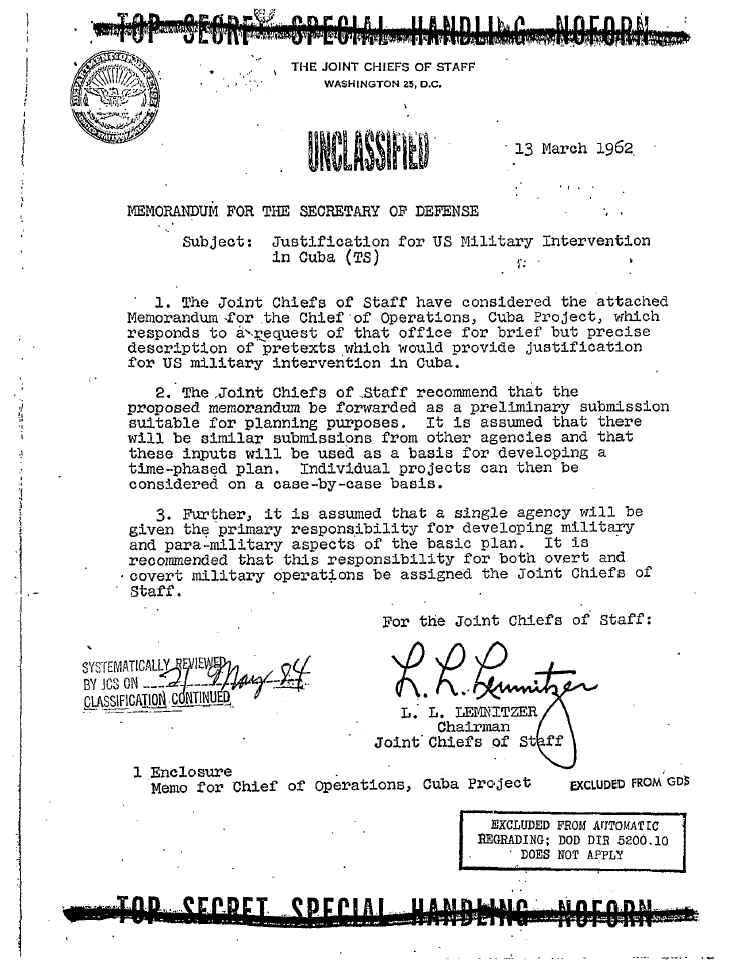
The passengers would all be given “carefully prepared aliases” before boarding, and once their plane passed a “rendezvous point” south of Florida, the drone aircraft would proceed to be detonated by radio control over Cuban airspace after “transmitting on the international frequency a ‘MAY DAY’ message stating he is under attack by Cuban MIG aircraft.” Meanwhile, the jet with the passengers would fly at minimum altitude back to Eglin so the military would “return the aircraft to its original status.”
Every last detail was thought out for this false flag attack, including the addition of a “pre-briefed pilot” who would fly “tail-end-Charlie,” or right in between the passenger plane and the drone craft. Upon crossing into Cuban airspace, the pilot would put out a distress signal that he was under attack by Cuban MIG aircraft, say he’s going down, and fly back to Eglin, whereupon a new tail number would be given to his craft. The pilot would then “resume his proper identity and return to his normal place of business.” Meanwhile, other surface craft would litter the waters surrounding Cuba with F-101 parts, where search ships would be sent out to find a parachute and other aircraft parts. The document states, “The pilots returning to Homestead would have a true story as far as they knew.”
Despite Kennedy’s steadfast refusal of their nefarious plan, the Joint Chiefs of Staff agreed to keep planning “pretext operations” without Lemnitzer, who would become the Supreme Allied Commander of NATO after Kennedy’s assassination.
8. Lee Harvey Oswald was a CIA asset
Three years before the Kennedy assassination, Lee Harvey Oswald was being investigated by the CIA’s Special Investigations Group (SIG), a branch of the agency’s Counter-Intelligence (CI) division, headed by James Angleton between 1954 and 1974. This was confirmed in the House Select Committee on Assassinations (HSCA) questioning of Ann Egerter, a member of Angleton’s staff who opened the CIA file on Lee Harvey Oswald (a “201 file” in US intel lingo) in December of 1960.
The kicker is that the CI/SIG division is only tasked with investigating current CIA agents who are potential security risks. Egerter said her office was known within the CIA as “the office that spied on spies.” She further elaborated on SIG as the entity that undertook “investigations of agency employees where there was an indication of espionage.”
Because CIA agents are forbidden to disclose the identity of any other agents, Oswald’s true occupation could only be discerned through indirect questions directed at Egerter. One HSCA interviewer asked her what the purpose of the CI/SIG was within the agency. Through this line of questioning, it can be discerned that Lee Harvey Oswald was seen in 1960 as a security risk, making him easy to burn, for example, as a patsy in the Kennedy assassination.
Interviewer: “Please correct me if I’m wrong … it seems that the purpose of CI/SIG was very limited and that limited purpose was to investigate agency employees who for some reason were under suspicion.”
Egerter: “That is correct.”
Interviewer: “When a 201 file is opened, does that mean that whoever opens the file has either an intelligence interest in the individual, or, if not an intelligence interest, he thinks that the individual may present a counterintelligence risk?”
Egerter: “Well, in general, I would say that would be correct.”
Interviewer: “Would there be any other reason for opening up a file?”
Egerter: “No, I can’t think of one.”
9. Oswald was on the FBI’s payroll
In 1963, William Walter was a clerk in the FBI’s New Orleans office. He told the HSCA that Lee Oswald indeed had “an informant’s status with our office.” Orest Pena, another FBI informant, said he saw Oswald with FBI agent Warren deBrueys on ‘numerous occasions,’ even stating that deBrueys physically threatened him about not revealing what he saw before Pena appeared before the Warren Commission. Oswald’s friend Adrian Alba, who managed a New Orleans garage that held FBI and Secret Service cars, recalled watching Oswald approach an FBI car outside the garage and receive a white envelope that was handed to him through a cracked window before concealing it under his shirt. Alba later said Oswald “met the car again a couple of days later and talked briefly with the driver,” whom Alba knew as an “FBI agent visiting New Orleans from Washington.”
While in New Orleans, Oswald was working for the Reily Coffee Company, which was owned by William B. Reily, a financial supporter of the CIA-sponsored Cuban Revolutionary Council. A CIA memo dated January 31, 1964, that has since been declassified states “[Reily’s] firm was of interest as of April 1949.” CIA contractor Gerry Patrick Hemming also confirmed Reily’s coordination with the CIA in a 1968 interview with the New Orleans District Attorney’s Office, which “confirmed that William Reily had worked for the CIA for years.” Reily’s company was located close to the New Orleans offices of the CIA, FBI, Secret Service, and Office of Naval Intelligence (ONI).
Oswald also worked in the office of a detective and former FBI agent named Guy Banister, whose office was directly across the street from the ONI and Secret Service offices. According to Daniel Campbell, an ex-Marine who spied on radical New Orleans students and gave small arms training to Cuban exiles, “Banister was a bagman for the CIA and was running guns to Alpha 66 in Miami.” As you’ll read later, Alpha 66 was a CIA-funded group of Cuban vigilantes plotting to overthrow Castro.
Oswald’s intelligence connections may explain why he was able to summon an FBI agent so easily following his August arrest for an altercation that broke out when he was passing out pro-Castro leaflets. Oswald had written to the New York headquarters of the Fair Play for Cuba Committee about starting a New Orleans branch, and FPCC national director V.T. Lee wrote back, urging him not to cause “unnecessary incidents which frighten away prospective supporters.” Oswald did the exact opposite.
On August 5, Oswald visited Carlos Bringuier at his clothing store about wanting to train Cubans to fight Castro. Bringuier was leader of the Directorio Revolucionario Estudiantil (DRE), which was later described in a 1967 CIA memorandum as “conceived, created and funded by the CIA.” When E. Howard Hunt testified to the HSCA, he named David Atlee Phillips as the person in charge of the group. Though Bringuier testified to the Warren Commission that he was wary about Oswald’s visit, the two CIA-connected men nevertheless staged an act of elaborate street theater that ended in a fight and subsequent arrest of the two men and three of Bringuier’s friends.
While he was in jail, Oswald asked to speak to the FBI, whereupon Special Agent John Quigley met with him for an hour and a half. When Quigley testified about this incident to the Warren Commission, he said Oswald simply explained to him why he was passing out the Castro leaflets. But Harold Weisberg’s book “Whitewash IV” included top-secret remarks from chief Warren Commission council J. Lee Rankin, which were declassified after an extensive legal battle. Rankin’s statement revealed the actual reason for Oswald’s meeting with Quigley. According to the session transcript, Rankin stated Oswald was “employed by the FBI at $200 a month from September of 1962 up to the time of the assassination.”
10. CIA assets helped Lee Harvey Oswald get work
Oswald’s connections to the CIA and FBI would explain why Oswald was issued a passport from New Orleans, Louisiana, to Minsk, USSR, in 1959 in just 24 hours. This is highly unusual, considering Oswald, a former member of the military, had just renounced his American citizenship in the height of the Cold War to travel to the Soviet Union, where presumably his knowledge of military radar from his service in the Marines (including his work on the CIA’s top-secret U-2 project, which you’ll read about later) would be given to the enemy. Upon Oswald’s return to the US in 1961, he and his new wife, Marina, were befriended by the vehemently anti-Communist Russian community in Fort Worth.
While he was in Fort Worth, Oswald became acquainted with a man named George de Mohrenschildt, a CIA asset and son of a Czarist Russia official who liked to be called “The Baron.” In a 1977 interview, de Mohrenschildt admitted that he was given approval to first contact Oswald in late 1961 by J. Walton Moore, the CIA’s Domestic Contacts Service Chief in Dallas. Moore primed de Mohrenschildt to meet his contact, informing him of “an ex-American Marine who had worked in an electronics factory in Minsk, and in whom there was ‘interest.'” In the summer of 1962, de Mohenschildt said he was handed Oswald’s address by an associate of Moore, and, as a quid pro quo, asked Moore to facilitate a contract through his company with “Papa Doc” Duvalier in Haiti.
According to de Mohrenschildt’s wife and daughter, In October of 1962, just 9 days before the Cuban Missile Crisis, Oswald’s new friend and mentor George de Mohrenschildt convinced Lee and Marina to move to Dallas. “The Baron” set up a job for Oswald at a graphic arts company called Jaggars-Chiles-Stovall (JCS), which had contracts with the US Army Map Service. Even though Oswald had renounced his citizenship and would normally be seen as a turncoat by military security apparatus, he nonetheless was working on classified projects involving top-secret U-2 missions. Oswald’s coworkers at JCS said they were working on setting type for Cuban place names to be put on maps, and just days later, Kennedy would be shown photos taken by the CIA’s U-2 spy planes, confirming the presence of Soviet nuclear warheads in Cuba.
“The Baron” also facilitated the first meeting between the Oswalds and Ruth Paine, a housewife with powerful connections to the military-industrial complex. George de Mohrenschildt introduced Paine to Marina Oswald at a party he arranged in February of 1963. Two weeks later, Marina Oswald would move in with Ruth Paine at her home in Irving, a suburb of Dallas, while Lee Oswald went to look for work in New Orleans. Ruth’s husband, Michael, worked as a research engineer for Bell Helicopter, a defense contractor in Fort Worth. Thirty years after the Kennedy assassination, it was discovered that Michael Paine’s stepfather, Arthur Young, was actually the inventor of the Bell Helicopter, connecting him deeply with the military-industrial complex Eisenhower warned us about.
Michael Paine’s mother was Ruth Forbes Paine Young, who came from the aristocratic Forbes family of Boston and was friends with Mary Bancroft, a World War II-era spy who became CIA director Allen Dulles‘s mistress in Switzerland. When Michael Paine was testifying to the Warren Commission, Allen Dulles asked him, “Is this Mr. Young your stepfather?” When Paine confirmed that fact, Dulles remained quiet, allowing other Commissioners to ask their questions. Dulles knew that any follow-up questions he asked of Paine might lead to public knowledge of his intimate family connections with a main benefactor of the president’s accused assassin.
The Paine family’s CIA connections run even deeper. After the passage of the JFK Records Act in 1992, declassified documents showed Paine’s older sister, Sylvia Hyde Hoke, was listed as a CIA employee in the 1961 issue of the city directory for Falls Church, Virginia. In her testimony to the Warren Commission, Ruth Paine very modestly described her father, William Avery Hyde, as an insurance underwriter who “writes the fine print.” But after the publication of the Warren Report in October of 1964, William Avery Hyde received a 3-year contract from the State Department’s US Agency for International Development (USAID) as the regional insurance adviser for all of Latin America, filing reports from Peru, Bolivia, Ecuador and Panama. Ohio governor John Gilligan (father of current Health and Human Services Secretary Kathleen Sebelius) was administrator of USAID from 1977 to 1979, and described its role as a proxy agency for the CIA.
“At one time, many AID field offices were infiltrated from top to bottom with CIA people. It was pretty well known in the agency who they were and what they were up to … The idea was to plant operatives in every kind of activity we had overseas, government, volunteer, religious, every kind.” – John Gilligan
The Warren Commission shows that Ruth Paine called the Texas School Book Depository on October 14, 1963 about possible job openings for Lee Oswald, after a neighbor suggested the idea. Oswald was interviewed for a part-time job there on the 15th, and started work on the 16th, where he would be paid $208.82 a month. However, the commission also reveals that Paine lied under oath about being contacted by the Texas Employment Commission on October 15th about a far more lucrative full-time job for Oswald at Trans-Texas Airways as a cargo handler, where he would be paid $310 a month. In just a few exchanges with Warren Commission lawyer Albert Jenner, Paine went from denying any knowledge of the job offer, to vaguely remembering it, to hearing about the job from Lee Oswald himself.
Just as the Paine family became the prime sponsors of the Oswalds, the deal de Mohrenschildt asked J. Walton Moore to broker with the Haitian government came through. “The Baron” left Dallas for Haiti in April of 1963, while briefly stopping in Washington to meet with CIA and US Army intelligence to enhance his Haitian connections. De Mohrenschildt was awarded a $285,000 contract to conduct geological surveys for the notoriously corrupt and brutal Duvalier regime. No survey was done, but de Mohrenschildt still deposited $200,000 in his Port-au-Prince bank account that year. In his final interview in 1977, “The Baron” said, “I never would have contacted Oswald in a million years if Moore had not sanctioned it.” Oddly enough, just three hours after that interview, George de Mohrenschildt was dead of an apparent self-inflicted shotgun blast.
FBI director J. Edgar Hoover noticed how suspicious this all looked and warned the Warren Commission against publicizing the connection. On October 23, 1964, Warren Commission chief counsel J. Lee Rankin received a sternly-worded letter from Hoover, warning him not to release the FBI’s “reports and memoranda dealing with Michael and Ruth Paine and George and Jeanne de Mohrenschildt … Making the contents available to the public could cause serious repercussions to the commission.”
11. Oswald was seen in Dallas with a CIA covert ops chief two months before the assassination
Antonio Veciana, leader of the CIA-funded paramilitary group Alpha 66 recalled seeing a thin, pale man with wavy hair in a downtown Dallas office building conversing with the CIA contact he knew as “Maurice Bishop.” Bishop was actually David Atlee Phillips, then the chief of covert operations for the CIA’s Mexico City branch (and head of the DRE in New Orleans, as mentioned earlier). Veciana finally opened up about this Oswald sighting in 1975 to Gaeton Fonzi, an investigator with the HSCA.
According to Veciana, he saw “Bishop” talking to a young man with a pale complexion in early September of 1963, whom he would later recognize, after November 22, as Lee Harvey Oswald. When Veciana walked into the lobby to meet with Bishop, he noticed the two quickly exchanged a few more words before Oswald left, and Bishop initiated a conversation with Veciana about Alpha 66, not once mentioning the man with whom he had just been speaking. And Veciana didn’t ask.
Before Veciana was set to testify to the HSCA about the Oswald sighting, the FBI warned him three separate times that he would be killed. Veciana was shot in the head by an unknown would-be assassin and recovered, but the FBI refused to investigate, instead deferring to an uncooperative Miami police department.
12. The CIA revealed their hand in killing JFK through the use of Oswald doubles
Bear with me, because it’s about to get really confusing. The pieces to this jigsaw puzzle are enough to fill an airplane hangar. The CIA wanted it that way. In a nutshell, there were multiple smoke-and-mirror maneuvers to make Lee Harvey Oswald a scapegoat tied to all the right people, in order to instigate the war the military-industrial complex wanted all along. Smoking gun evidence abounds in the following stories that show the CIA’s fingerprints all over the Kennedy assassination, putting Oswald in several locations at the same time and blowing their cover.
The Warren Commission alleges Oswald was in Mexico City from September 27 to October 2 of 1963 at the Soviet and Cuban embassies, both of which were under constant CIA surveillance. The CIA had also tapped phones at both embassies. According to the CIA’s version of the tale, on one call placed to the Soviet embassy on October 1st translated from Russian into English, a man who called himself “Oswald” spoke broken Russian and asked to speak with Valery Vladimirovich Kostikov regarding a telegram to Washington.
Kostikov was the KGB’s chief assassinations expert in the Western Hemisphere, and was incredibly prominent in US intelligence circles, just as Osama bin Laden was prominent in those same circles in the late 1990s. This means that if the “Oswald” who made the call actually was the president’s accused assassin, this would have deeply implicated the Soviet Union in the plot to kill Kennedy. However, the caller was an impostor, since the real Lee Harvey Oswald lived in Minsk for two years and was fluent in Russian, whereas this caller spoke broken Russian.
The October 9 cable from the CIA’s Mexico City bureau to the headquarters in Langley not only described the suspicious call to Kostikov, but also mentioned photos taken of a 6-foot-tall, 35-year-old balding male with an athletic build entering and leaving the Soviet embassy on October 1. Langley cabled Mexico City on October 10, describing the Lee Harvey Oswald who defected to the USSR in 1959 as a five-foot-ten, 24-year-old man who weighed 165 pounds, with wavy light brown hair. Whoever it was entering the Soviet embassy that day, it definitely wasn’t Oswald.
On October 10, the CIA cabled the FBI, the State Department, and the Navy about the information received from Mexico City the day before. But the CIA made no mention at all of Oswald’s reference to Kostikov, despite the prominence of the name. In “JFK and the Unspeakable,” Jim Douglass argues that the CIA kept this highly-sensitive information from other agencies until Oswald, through his multiple CIA connections in Dallas and elsewhere, could be secured in a location directly above Dealey Plaza on November 22.
Another story of dueling Oswald appearances is documented in “JFK and the Unspeakable.” Ralph Leon Yates, a refrigeration mechanic for the Texas Butcher Supply Company in Dallas, picked up a hitchhiker while taking the Beckley Avenue entrance to the R.L. Thornton Expressway at 10:30 AM, on the morning of Wednesday, November 20, 1963. In one of several statements to the FBI, Yates said the man he picked up was carrying a brown paper package roughly 4 feet long. When he told the man he could put the package in the back of his truck, the hitchhiker said the package contained curtain rods, which he preferred to carry himself in the cab. In testimonies following the assassination of Kennedy, Yates told the FBI the man looked almost identical to Lee Harvey Oswald.
While making small talk with the hitchhiker, Yates mentioned that people in the city were excited about Kennedy’s upcoming visit. According to the FBI’s citation of Yates’s story, the hitchhiker suddenly became a fountain of conversation, asking Yates if he thought someone was capable of assassinating the president. After Yates said he believed it could be done, the hitchhiker then asked if it could be done from the top of a building or out of a window, high up. Yates again answered that he thought it was possible if the shooter had a good rifle with a scope.
The notes from the FBI’s conversation with Yates detailed the rest of the odd conversation, during which the hitchhiker suddenly pulled out a picture of a man with a rifle, asking Yates if he thought the president could be killed with a gun like that one. Yates said he was driving and didn’t look at the picture, but answered yes. Then the mysterious rider asked Yates if he knew the president’s route. Yates answered he didn’t, but knew that the route was in the paper. Then the hitchhiker asked Yates if he thought the route might be changed at the last minute. Yates told him no, unless there were safety concerns.
The hitchhiker asked Yates to drop him off on Houston Street, and Yates took him to the Elm and Houston intersection. Yates told the FBI the last he saw of the man was as he walked across Elm Street, in the direction of the Texas School Book Depository. After the odd encounter, Yates told co-worker Dempsey Jones about the hitchhiker. The FBI interviewed Jones for confirmation, and Jones told investigators that before the assassination happened, Ralph Yates definitely described picking up a hitchhiker “who discussed the fact with him that one could be in a building and shoot the president as he, the president, passed by.”
Normally, this would add up to an open-shut case fingering Oswald as the assassin. The highway entrance on Beckley where Yates picked up the hitchhiker was on the same street as Oswald’s rooming house on 1026 North Beckley. Yates dropped the hitchhiker off close to the place where Oswald worked. The hitchhiker fit Oswald’s physical description, and the entire conversation reeked of an apparent assassination plot. But this apparent Oswald sighting directly conflicted with the Oswald sighting the Warren Commission decided to include in their final report.
Buell Wesley Frazier, one of Lee Harvey Oswald’s co-workers at the Texas School Book Depository, testified to the Warren Commission that Oswald asked to ride home with him to Irving on the afternoon of Thursday, November 21, 1963. When Frazier asked Oswald why he wanted to ride with him on Thursday instead of Friday, when he stayed with his wife, Marina and their two daughters at Ruth Paine’s house on the weekend, Oswald said, “I’m going home to get some curtain rods … [to] put in an apartment.”
Frazier and his sister, Linnie Mae Randle, testified that Oswald left his house with a 2-foot-long brown package the following morning, and explained that the package contained curtain rods when he was asked about it. The Warren Commission therefore decided that the package, though far too small to carry a rifle, even when broken down, was the rifle Oswald allegedly smuggled into the Texas School Book Depository on the day of the assassination.
The FBI called Ralph Leon Yates back in to re-tell the story of picking up the hitchhiker on December 10, 1963, and January 3 and January 4, 1964, this time with a polygraph, or lie detector test. Each time, the polygraph test results came back “inconclusive,” meaning that while Yates’s story wasn’t a lie, the FBI wasn’t satisfied with the final result. The FBI recommended Yates immediately go to Woodlawn Hospital (Dallas’s most prominent mental institution). They didn’t have him committed, but rather made the recommendation, and Yates drove himself there, accompanied by his wife, Dorothy. After an episode in which Yates briefly escaped from Woodlawn, he was committed to Terrell State Hospital east of Dallas, where he lived for 8 years. He then spent a year and a half at the Veterans Hospital in Waco, and then in Rusk State Hospital for the last 18 months of his life.
Yates, drifting from institution to institution, never worked again, and his family was left impoverished. He died of congestive heart failure at age 35. Yet the whole time, Yates insisted that this minor story of picking up one unnamed hitchhiker on a Fall day was the reason the president was killed, and refused to recant it. Ralph Yates’s wife, Dorothy, remembered a very puzzling statement from the FBI after Yates’ final polygraph test.
“They told me that he was telling the truth [according to the polygraph], but that basically he had convinced himself that he was telling the truth. So that’s how it came out. He strongly believed it, so it came out that way.”
Jim Douglass theorizes in “JFK and the Unspeakable” that because Yates’s alleged Oswald sighting happened during a time when the real Oswald was already at work, proving that the Oswald Yates picked up was a double, it became necessary for the US government to throw Ralph Yates under the bus. Yates’s story, which he corroborated to both his wife and his co-worker, directly conflicted with the official story the government wanted the Warren Commission to tell. For the tenuous narrative to seem legitimate, Yates had to be discredited.
Still with me? Here’s where it gets weird.
Air Force Sergeant Robert Vinson was an accidental witness to an Oswald double’s secret flight out of Dallas on the day of the shooting. Vinson was upset that despite his diligent work for NORAD (North American Air Defense Command) at Ent Air Force Base in Colorado Springs, he hadn’t been rewarded with a promotion, so he took a spontaneous flight to Washington DC on November 20, 1963, to demand an answer from his superiors.
On November 21, Sergeant Vinson met with a Colonel Chapman in the basement of the US Capitol about his promotion. During their meeting, Vinson remembered Col. Chapman, a liaison officer between Congress and the Pentagon, taking a call and telling the person on the other line that he “would highly recommend the president not go to Dallas, Texas, on Friday because there had been something reported.” After Chapman finished the call, he assured Vinson his promotion would be considered.
On the morning of November 22, Vinson went to Andrews Air Force Base with the intent of coming back home to Colorado Springs by nightfall. He gave an airman at the check-in counter his name and serial number, asking to be alerted when the next plane bound for the area would be departing, “if anything should come through that you don’t have a notice on.” Roughly 15 minutes later, Vinson was paged to the hangar, where he boarded a C54 plane that bore no markings or serial numbers other than a strange brown logo on its tail, of an egg-shaped earth crisscrossed with grid lines.
After boarding the empty plane, Vinson noticed two men in olive drab overalls board the plane and close the cockpit door without even saying a word to Vinson. Sergeant Vinson found it odd that he wasn’t asked to sign a flight manifest, as he had always done when riding Air Force planes. A little after the C54 took off, an unemotional voice announced over the plane’s intercom system, “The president was shot at 12:29.”
The C54 headed due South, and after another few hours, Vinson watched the Dallas skyline approach through the window around roughly 3:30 Central. Once the C54 landed in Dallas, the pilot emerged from the cockpit and opened the passenger door, whereupon two men in off-white construction overalls quickly boarded, after running there from a Jeep that was already backing away from the site. Sgt. Vinson recalled one of the men was between 6′ and 6’1″, looked Cuban, and weighed between 180 and 190 pounds. A shorter Caucasian man also boarded, whom Vinson estimated was between 5’7″ and 5’9″ and weighed between 150 and 160 pounds. The plane took off and headed West without anyone else on the plane saying a word to Vinson. Sgt. Vinson figured the silence of the crew was part of the mission the crew was on, and kept quiet during the flight.
When the plane landed again around sunset, Vinson approached a guard shack and asked an air policeman where he was. The AP told him he was at the Roswell Air Force Base in New Mexico. Vinson was trying to get downtown so he could take a bus back home, but the AP informed him the base was locked down and nobody could get in or out. Vinson thought this was especially strange, given that his plane had just landed with no interference.
By November 23, Robert Vinson was back home with his wife Roberta, watching the news on the assassination that evening, after telling her about his odd flight home. When Lee Harvey Oswald’s face appeared on the news, Robert said, “That guy looks just like the little guy who was on the airplane.”
“Are you nuts?” Roberta asked. “It couldn’t be him. He’s in jail.”
“I swear that’s the little guy who got on the plane,” Vinson insisted.
“Well, keep quiet about it,” Roberta said.
After Jack Ruby murdered Oswald, Vinson vowed to keep quiet about what he saw. But he had still given his name and serial number to the airman at the Andrews Air Force Base check-in counter, and by Spring of 1964, when Vinson had been promoted to technical sergeant, federal authorities had tracked him down. Neighbors told the Vinson family that the FBI was interviewing residents about them, specifically about the Vinsons’ conversation topics in recent months. Vinson’s commanding officer made him sign a secrecy statement, and Roberta, for the first time as an Air Force wife, had to fill out a personal history form and sign an additional secrecy statement.
In November of 1964, Vinson was ordered to go to Washington and call a number for further instructions upon landing. After making the call, Vinson was told he would be spending the better part of a week at CIA headquarters in Langley, where he would soon undergo multiple physical and psychological tests. At the end of the fifth day, Vinson was interviewed by a semi-circle of men shrouded in darkness, who offered Vinson a job with the CIA. When Vinson refused, they offered him lucrative bribes, which he also declined. Vinson went back home to Colorado Springs, until he was contacted again three months later.
This time, the Air Force had Vinson report to a telephone number after landing in Las Vegas. Vinson learned the Air Force had assigned him to the CIA’s top-secret Blackbird SR 71 spy plane in the Nellis Mountains some 40 miles Northwest of Las Vegas. The base was renamed Site 51 after being contaminated by radiation from nearby nuclear testing sites, and focused on experimental aircraft resembling saucers. Vinson later learned that similar flying saucer experiments were being conducted at the Roswell Air Force Base where the C54 had landed on the day of Kennedy’s assassination. Local lore about aliens was seen as convenient cover for the CIA’s top-secret projects.
Robert Vinson spent the last year and a half of his Air Force enlistment as the administrative supervisor for base supply at Site 51. The CIA supplemented Vinson’s Air Force income with monthly cash payments, which both Vinson and his wife suspected was the agency buying their silence about what Sgt. Vinson saw when he boarded the wrong plane on November 22, 1963. When Vinson asked an Air Force sergeant at Site 51 about the origin of a rust-colored egg-shaped Earth logo on the tail of a C54 landing at Site 51, the sergeant said, “CIA.”
Vinson kept quiet for 20 years as he and his wife quietly lived and worked in Wichita, Kansas. In 1976, Robert Vinson told a lawyer friend about the secret he had been keeping, who then told Vinson, “Don’t tell a soul. For your own safety.” Vinson followed his friend’s advice until the passage of the JFK Records Act in 1992, and subsequently went on Wichita’s KAKE-TV Channel 10 to tell the story to Larry Hatteberg. His story was so popular with viewers that the interview was re-broadcasted several more times. Vinson’s story of watching the CIA fly an Oswald double out of Dallas and the subsequent purchasing of his silence and complicity has since been chronicled in the book “Flight From Dallas” by Wichita civil liberties attorney James Johnston and journalist Jon Roe.
While there’s not enough space to get into it here, the testimonies of Dallas mayor Wes Wise, auto mechanic T.F. White, concession stand operator Butch Burroughs, and hobby shop owner Bernard Haire, along with the stories of Sergeant Robert Vinson and Ralph Leon Yates, all prove the sightings of more than one “Oswald” seen in different places at the same time. This is the biggest indicator of the CIA failing in an attempt to force a particular narrative around a particular person, inadvertently drawing more attention to themselves as a result.
13. The Warren Commission Report was a cover-up
Even though the Warren Commission was investigating the alleged assassin of the president who had extensive knowledge of top-secret military intelligence programs, pertinent questions were noticeably absent from the panel.
From September 1957 to November 1958, Oswald was a radar operator for the Marines at the Atsugi Air Force Base in Japan. The base was also the CIA’s main base of operations in the Far East, one of just two bases where top-secret U-2 spy planes took off on missions over China and the Soviet Union. Oswald had a “crypto” security clearance, which is higher than top-secret, giving him license to regularly listen to radio communications from U-2 flights.
Former Marine Corps lieutenant John Donovan told the Warren Commission that Oswald
“had the access to the location of all bases in the West Coast area, strength of all squadrons, number and type of aircraft in a squadron, who was the commanding officer, the authentication code of entering and exiting the ADIZ, which stands for the Air Defense Identification Zone. He knew the range of our radar. He knew the range of our radio. And he knew the range of the surrounding units’ radio and radar.”
As Jim Douglass would write in “JFK and the Unspeakable,” Donovan was dumbfounded that the Warren Commission omitted all questions related to Oswald’s work with the top-secret U-2 planes before defecting to the Soviet Union. After his questioning, Donovan asked a Warren Commission lawyer, “Don’t you want to know anything about the U-2?” The lawyer responded, “We asked you exactly what we wanted to know from you and we asked you everything we wanted and that is all. If there is anything else we want to ask you, we will.” When Donovan asked another witness to Oswald’s work with the U-2 if he was asked anything about it, he said, “No, not a thing.”
Given the obvious omission of critical questions about the alleged assassin of the president and turncoat’s knowledge of top-secret US military operations and programs, and the CIA’s flubbed attempt to tie that alleged assassin to Cold War opponents in elaborate smoke-and-mirror games, the Warren Commission’s ruling that Oswald acted alone has to be taken with a grain of salt.
According to Michael Beschloss, editor of the now declassified Johnson Tapes, CIA director John McCone briefed LBJ at 9:20 AM the day after the assassination. McCone spoke about “information on foreign connections to the alleged assassin, Lee Harvey Oswald, which suggested to LBJ that Kennedy may have been murdered by an international conspiracy.” At 10:01 that same morning, FBI director J. Edgar Hoover called the newly sworn-in president, where they had this exchange:
LBJ: “Have you established any more about the visit to the Soviet embassy in Mexico in September?”
Hoover: “No, that’s one angle that’s very confusing, for this reason – we have up here the tape and the photograph of the man who was at the Soviet embassy, using Oswald’s name. The picture and the tape do not correspond to the man’s voice, nor to his appearance. In other words, it appears that there is a second person who was at the Soviet embassy down there.”
LBJ suspected that the assassination was not carried out by the USSR and Cuba with the help of Oswald as the CIA suggested. In fact, the conversation between Hoover and LBJ had the implication that it may have been facilitated by the CIA itself, given their mishap in Mexico City that led to dubious Oswald sightings.
LBJ knew, given the evidence of Oswald impostors in Mexico City, which puzzled even J. Edgar Hoover, the first option was most likely implausible. The second option meant opening up a whole new can of worms the nation wasn’t prepared to face, so the only feasible option was for the Warren Report to obscure the truth, label Oswald a lone wolf assassin, and call it a day.
14. JFK’s assassination was supposed to happen in Chicago, not Dallas
Chicago was originally where Kennedy was to be assassinated. Had the plan succeeded, Thomas Arthur Vallee would have been the famous alleged assassin whose name would be remembered forever, rather than Lee Harvey Oswald.
On November 2, 1963, Kennedy was set to appear at the Army/Air Force football game in Chicago at 11:40 a.m. At the Chicago Secret Service Bureau, Special Agent in Charge Maurice Martineau informed agents about reports of assassins on October 30. Martineau was repeating a tip from the FBI, in which an informant identifying as “Lee” talked about a four-man sniper team of “rightwing para-military fanatics” with high-powered rifles, who would shoot at Kennedy as his motorcade was driving from O’Hare down the Northwest Expressway, around a slow loop off the highway exit of what is now ironically known as the JFK Expressway.
The tip from “Lee” wasn’t the only one. A landlady at a Northside boarding house called the FBI after she saw four men check into the house, each with a scoped rifle, and carrying a map of Kennedy’s motorcade route. The FBI then called the Secret Service office in Chicago, who searched for the riflemen. Two of the would-be assassins were found and detained for several hours for questioning, while the other two got away. The names of the two would-be presidential assassins are still unknown to this day, as the Department of the Treasury, which oversees the Secret Service, mysteriously destroyed all records of the Chicago plot when the Assassinations Records and Review Board asked for them in 1995, more than three decades after the incident.
In the meantime, the Secret Service had to respond to another tip about an ex-Marine named Thomas Arthur Vallee, who had been reportedly talking about shooting the president when he came to Chicago. Vallee was a paranoid schizophrenic, a disaffiliated member of the famously right-wing, anti-Communist John Birch society, collected guns, and was described as a loner. As a Marine in the Korean War, Vallee was injured by a mortar blast, was subsequently committed to several mental institutions, and received full disability benefits from the Veterans Administration. Like Oswald the expat turncoat, Vallee the mentally disabled fit the preferred profile of the lone wolf presidential assassin.
Vallee’s apartment was raided in his absence, and FBI agents found an M1 rifle, a carbine rifle, and 2500 rounds of ammunition. The Secret Service instructed Chicago Police to put 24-hour surveillance on Vallee and “get him off the street.” Vallee was pulled over and arrested by CPD officers Daniel Groth and Peter Schurla on the morning of November 2, as his 1962 Ford Falcon made its way toward the expressway on Kennedy’s motorcade route. The officers cited a missed turn signal as the result of the arrest. Upon seeing a hunting knife in the front seat of the Falcon, they charged Vallee with carrying a concealed weapon, and a search of his trunk yielded 300 rounds of ammunition.
Vallee’s connections to US intelligence soon came out. His New York license plates read 31-10RF. NBC Chicago employee Luke Christopher Hester learned of the arrest and asked Hugh Larkin, his father-in-law, to have a background check done on the plates by his former colleagues in the NYPD. The plates came back “frozen,” meaning that only US intelligence agencies could retrieve the classified information associated with Vallee’s registration.
Officers Groth and Schurla went on to have prominent intelligence careers. Groth led the December 4, 1969, raid on Black Panther leaders Fred Hampton and Mark Clark, who were both assassinated by police. Hampton was just 21, and Clark was 22. The families of Hampton and Clark, as well as Black Panthers who survived the raid, would successfully sue Daniel Groth and local, state, and federal agencies in 1983 for a $1.85 million settlement. While under Oath, Groth admitted that J. Edgar Hoover’s FBI specifically requested the raid on Hampton. Officer Schurla became a high-level intelligence officer at the Chicago police headquarters.
Like Oswald, Vallee also worked on the CIA’s top-secret U-2 planes in Japan. Vallee told investigative journalist Edwin Black that his U-2 work was at Camp Otsu, but that he also helped the CIA train Cuban exiles to kill Fidel Castro at a CIA base in Levittown, Long Island. Oswald did similar work at a CIA training camp in Lake Pontchartrain, close to New Orleans. Vallee worked near a third floor window at IPP Litho-Plate, at 625 West Jackson Boulevard, directly above where the presidential motorcade would pass. Oswald worked on the sixth floor of the Texas School Book Depository, in front of where the Dallas motorcade would pass. It isn’t hard to see how the CIA blazed a path for both men to be set up as scapegoats in their elaborate plot to assassinate JFK.
15. The real shooter in Dallas was on the grassy knoll, and carried a Secret Service badge
Ed Hoffman, a 27 year-old deaf-mute who prided himself on his acute sense of sight, took a detour from a scheduled visit to the dentist on the morning of November 22 to catch a glimpse of Kennedy. Hoffman inadvertently witnessed the shooter on the Grassy Knoll fire the fatal shot from his vantage point on the bridge just above the freeway on Kennedy’s limousine route, and took note of the two getaway cars that transported the assassin and his assistant after the act – one was a white four-door, and the other was a light green Rambler station wagon.
Hoffman finally told his story, with the help of a sign language interpreter, to Jim Marrs in 1989 for his book “Crossfire.” Hoffman had made many attempts to tell the FBI, going against the urging of his father and his uncle, who was a Dallas police officer, to keep quiet for his own safety. One such attempt ended in federal investigators offering Hoffman a bribe of $500 to keep quiet, which Hoffman refused. Next, agents paid a visit to Hoffman’s father and interrogated him about his son’s story. Wanting to protect his son’s life, Frederick Hoffman would only say, “I don’t know if Ed saw what he saw.” FBI agents then manipulated their report to suggest that Hoffman’s own father dismissed his son’s story, in an effort to discredit critical evidence.
In “Crossfire,” Hoffman described watching two men behind the wooden stockade fence at the top of the grassy knoll. One of them was a stocky man in a dark blue suit, which Hoffman called “the suit man.” The other was standing by the railroad switch box, and was taller and thinner, wearing a railroad worker’s clothes. Hoffman called him “the railroad man.” Hoffman thought the pair were peculiar, seeing as they were clearly working together but dressed very differently.
According to Hoffman, the suit man would occasionally walk over to the railroad man and confer with him for a moment before going back to his original position. As the presidential limousine approached, Hoffman watched the suit man talk to the railroad man a final time before walking back to the fence, bending over, picking up an object, and looking back over the fence. When Hoffman saw a puff of smoke emerge from where the suit man was standing, he assumed it was a cigarette. But when the suit man turned, he was holding a rifle. The suit man ran to the railroad man and threw him the rifle.
The railroad man disassembled the rifle with a twist, put it in a railroad workers’ bag, and ran north along the railroad tracks while the suit man strolled casually along the side of the fence. A police officer ran around the fence, pointing a revolver at the suit man, who held out his empty hands. The suit man then produced identification from his coat pocket, the officer lowered his gun, and the suit man blended into the crowd and walked over to the passenger door of the light green Rambler station wagon. The getaway car drove out of the parking lot on the North end of the Texas School Book Depository, and made a right on Houston Street. Hoffman then looked down at the splayed body of JFK in the back seat of the presidential car as it passed directly below him, and noticed a gaping wound in the president’s right rear skull, which he said resembled bloody Jello.
The Dallas police officer Hoffman saw approach the suit man at the wooden fence after the shooting was Joe Marshall Smith, who would tell his superiors he immediately smelled gunpowder near the fence. Smith later told the Warren Commission that the man he approached had Secret Service credentials that looked real enough to satisfy him and the deputy sheriff who was with him. Smith would later recall that the man who produced those credentials wore a sports shirt and sports pants, had dirty fingernails, and hands like an auto mechanic. In a nutshell, he definitely didn’t fit the bill of an actual Secret Service agent.
Gordon Arnold, a 22-year-old soldier in uniform, also witnessed a man behind the wooden fence with Secret Service credentials, right around the same time Officer Smith approached the fence, but just before the assassination. Arnold planned to film the president’s arrival, and was walking toward the railroad bridge to have an ideal vantage point. When walking behind the wooden fence, he described seeing a man in a civilian suit wearing a sidearm standing guard, brandishing a Secret Service badge, and telling him to leave the area. Arnold walked along the front side of the wooden fence, and paused to shoot his film.
In the book “Crossfire,” Arnold recalled feeling the whiz of the bullet pass by his left ear, coming from the wooden fence just a few feet behind him. Arnold then heard the report of the rifle, and immediately hit the ground, having just crawled under live machine gun fire as part of the basic training he had recently completed. Arnold recalled hearing another whiz over his head, and another crack of a rifle report. He then remembered seeing a man standing over him, waving a long gun, acting hysterically, and demanding the film in his camera. When Arnold tossed it over to the gunman, the gunman removed the film from the camera and threw the camera back to Arnold. And just as Officer Smith said, Gordon attested that the man with the rifle had noticeably dirty hands.
Other witnesses described aggressive activity from men near the wooden fence. Jean Hill said men who identified themselves as Secret Service agents confiscated photos she took of the motorcade when she ran behind the fence at the top of the grassy knoll. Deputy Constable Seymour Weitzman told the Warren Commission that he gave “one of the Secret Service men” a piece of the president’s skull that he had found in the street. There is overwhelming evidence that men with Secret Service badges confiscated all evidence from nearby witnesses just before and after the shooting.
16. CIA employee Sidney Gottlieb made Secret Service credentials
In 2007, the CIA finally declassified its “Family Jewels” report as the result of a Freedom of Information Act request that had been in limbo for 15 years. A damning 1973 memo from Sidney Gottlieb, chief of the CIA’s Technical Services Division, is buried in the 702-page document. In the memo, Gottlieb talks about how he “furnished this [Secret] Service” with “gate passes, security passes, passes for presidential campaign, emblems for presidential vehicles; a secure ID photo system.” However, Secret Service agent Abraham Bolden, who was part of the investigation into the Chicago assassination plot, stated that when Secret Service books were all replaced in January of 1964, it was done by the Bureau of Engraving and Printing. The Department of the Treasury has jurisdiction over both the Secret Service and the Bureau of Engraving and Printing, not the CIA, meaning that Gottlieb’s orders were for an unknown covert purpose rather than providing standard identification for Secret Service agents.
Thus, the complex and intricate plot to kill Kennedy was carried out by multiple alphabet agencies, acting on what they believed were righteous motives to remove an obstructionist president in the way of a war they felt had to be waged. But the suggestion that a government agency would covertly kill its own president to advance a cause isn’t that radical. Our CIA has been behind the assassinations of world leaders both before and after the Kennedy assassination, from Mohammed Mossadegh in Iran in 1953, to Salvador Allende in Chile in 1973. Just as with JFK’s assassination in 1963, our runaway intelligence agencies have repeatedly shown they won’t let any elected leader stand in the way of their goals.
On December 22, 1963, exactly one month after the assassination, former president Harry Truman published a precisely worded op-ed in the Washington Post about the need to rein in the same agency he created with the stroke of his pen after World War II. He wrote:
“For some time I have been disturbed by the way the CIA has been diverted from its original assignment. It has become an operational and at times a policy-making arm of the government. This has led to trouble and may have compounded our difficulties in several explosive areas … There is something about the way the CIA has been functioning that is casting a shadow over our historic position and I feel that we need to correct it.” – Harry S. Truman
Three weeks before his op-ed was published, which was met with absolute silence from the media, Truman had written more urgently-worded notes that are still preserved in the Truman Library:
“[The CIA] was intended merely as a center for keeping the president informed on what was going on in the world at large and the United States and its dependencies in particular … it should not be an agency to initiate policy or to act as a spy organization. That was never the intention when it was organized.”
The recent NSA leaks by Edward Snowden, and our government’s brutal response to his attempt at transparency, give just an inkling of how far our government is willing to in lying to the public and suppressing the truth. In the aftermath of Snowden’s revelations, some have suggested that we repeal the Patriot Act. But real justice for Kennedy and the countless other victims of the massive intelligence and military apparatus of the US government can only come about by repealing Truman’s National Security Act of 1945, which created the CIA and the NSA. And if we don’t push for it using all the earth-shattering new knowledge that people like Jim Douglass and Ed Snowden have armed us with, this same specter will continue to haunt all future presidencies to come.
Carl Gibson, 26, is co-founder of US Uncut, a nationwide creative direct-action movement that mobilized tens of thousands of activists against corporate tax avoidance and budget cuts in the months leading up to the Occupy Wall Street movement. Carl and other US Uncut activists are featured in the documentary “We’re Not Broke,” which premiered at the 2012 Sundance Film Festival. He currently lives in Madison, Wisconsin. You can contact him at [email protected], and follow him on twitter at @uncutCG.
Originally published by Reader Supported News in November 2013



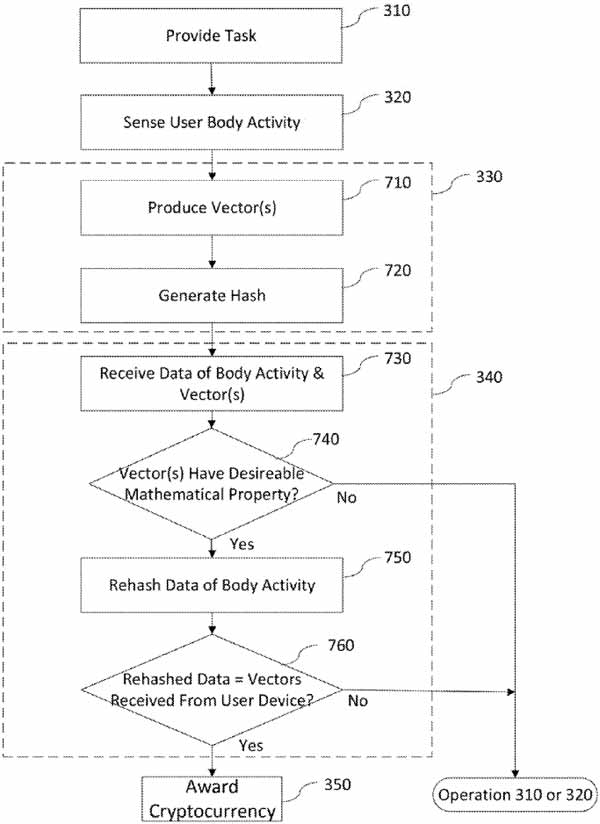
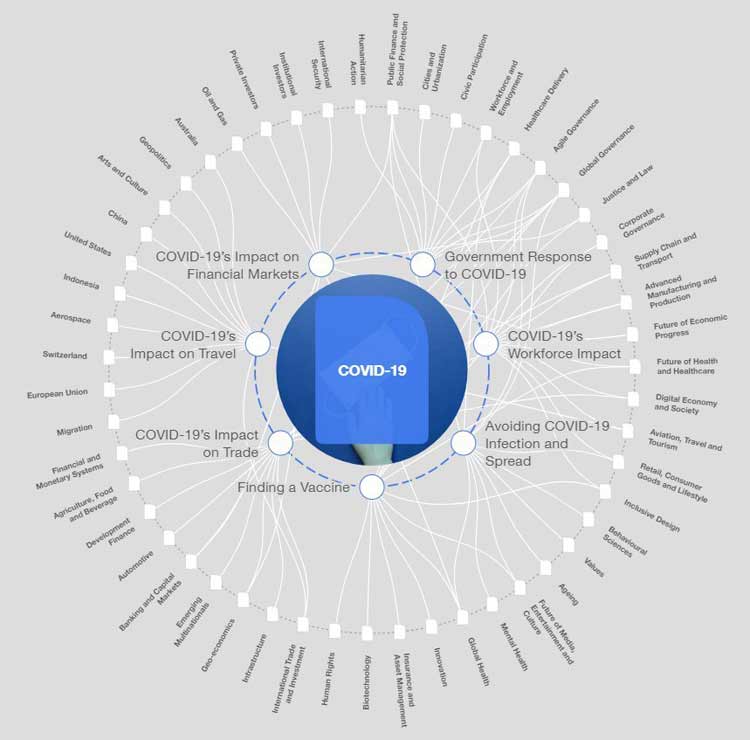




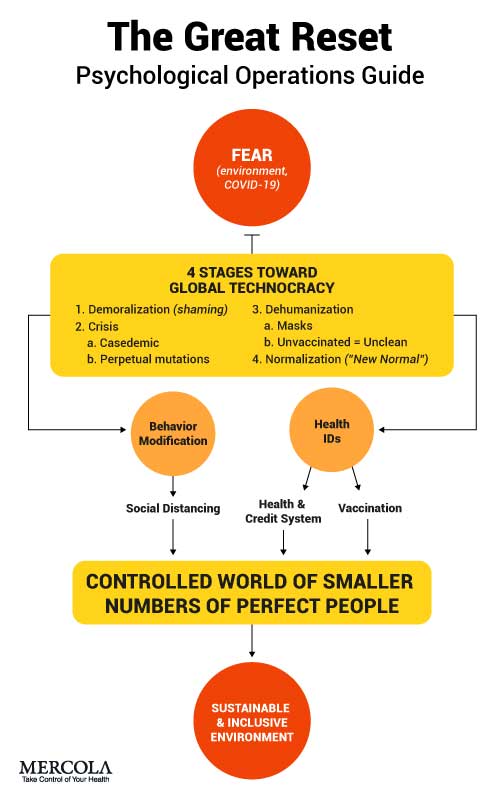
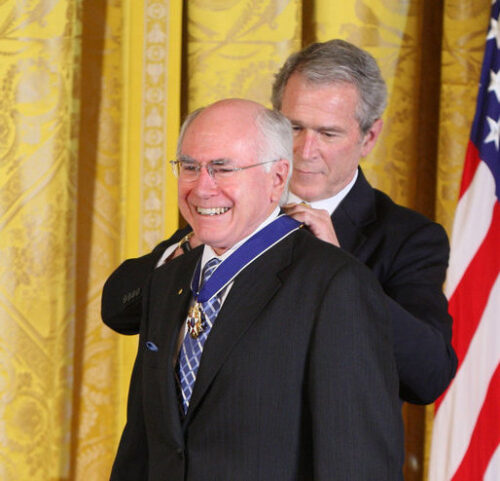




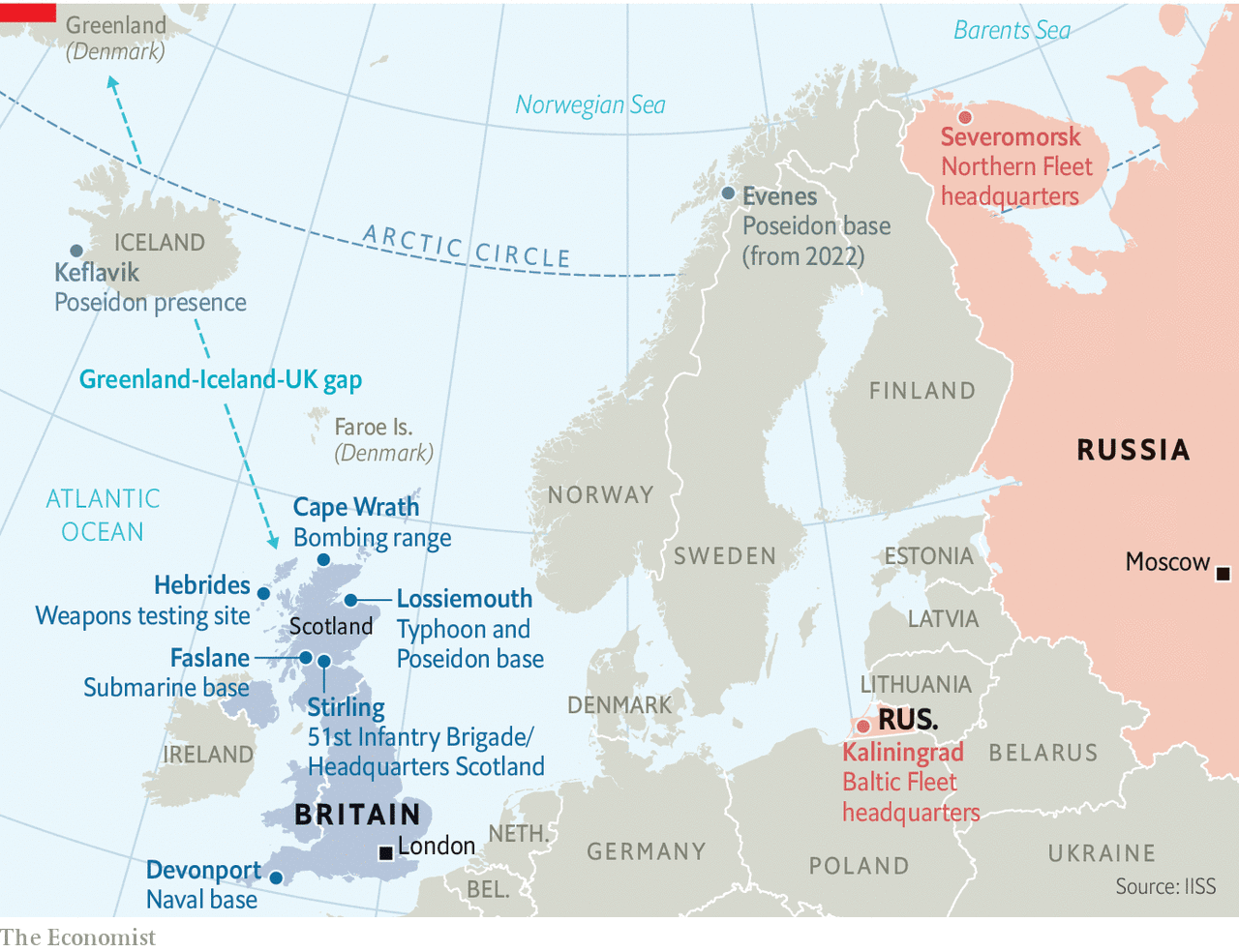

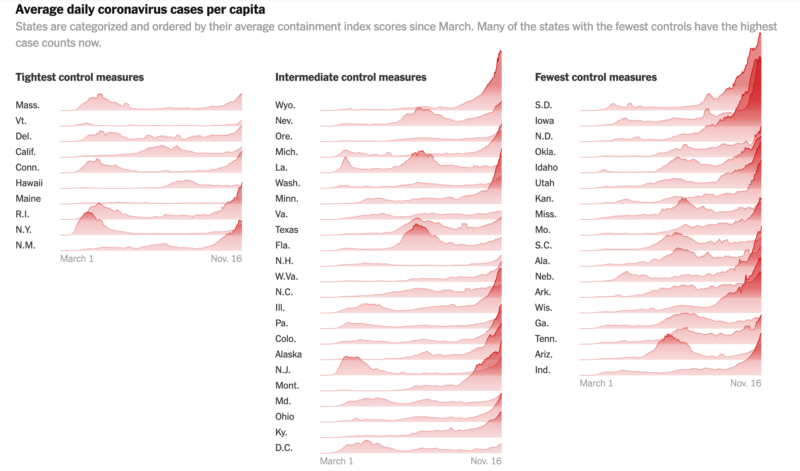
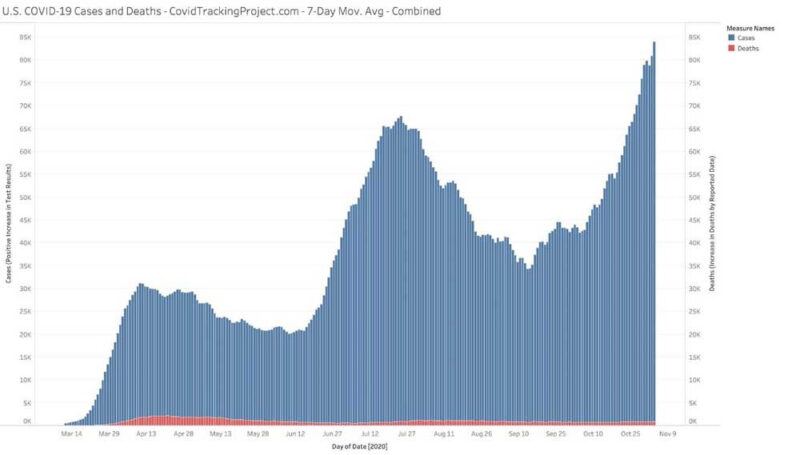

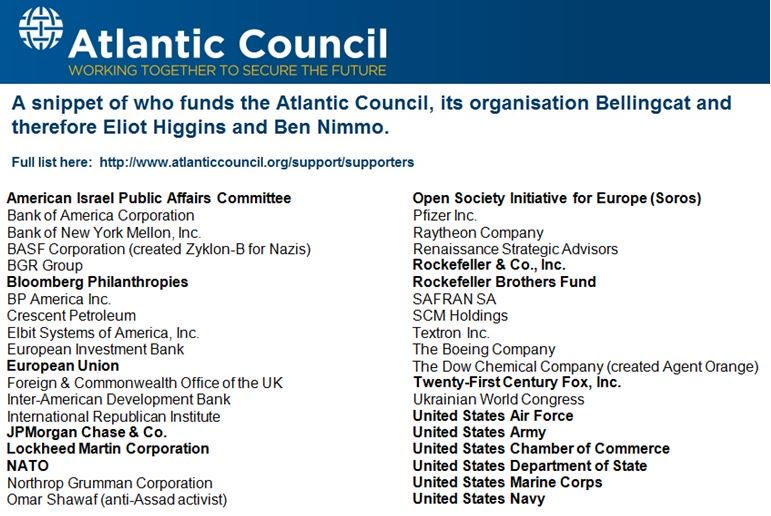
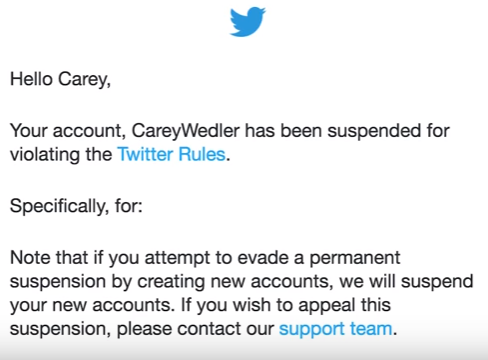
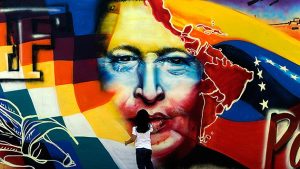
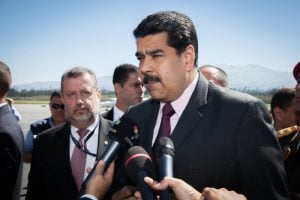
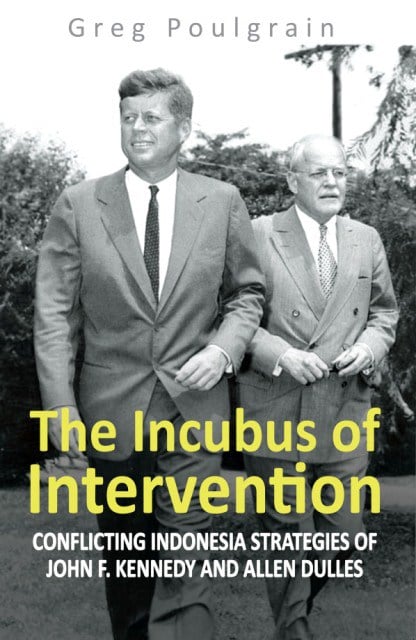




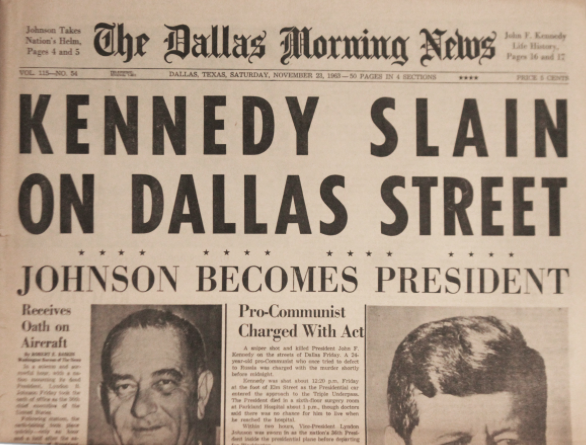

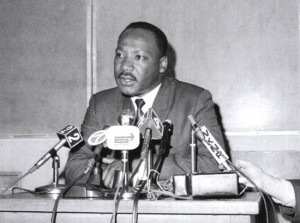
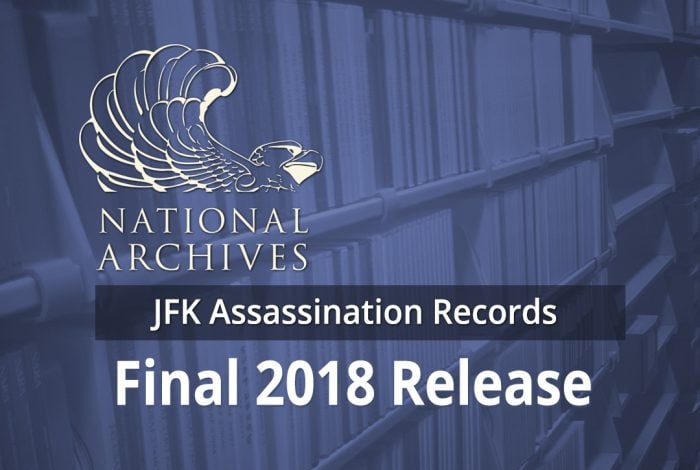
 Seeking Truth in a Country of Lies
Seeking Truth in a Country of Lies